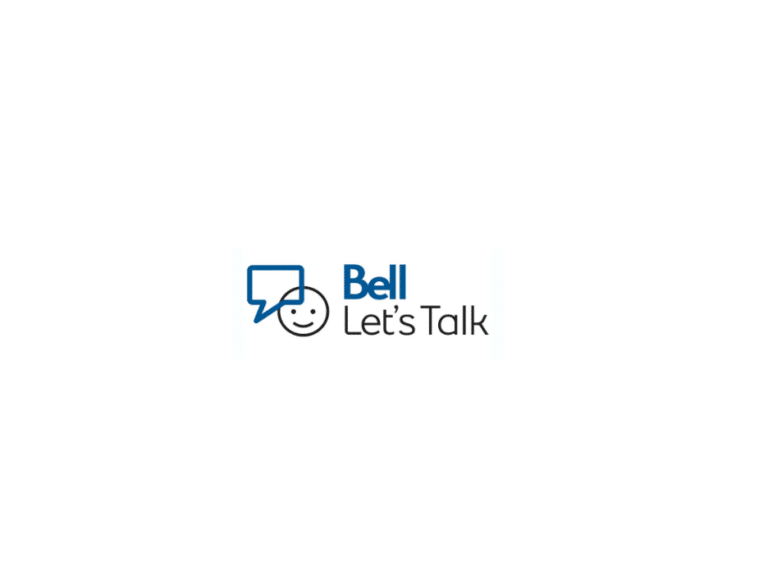If you currently are experiencing a mental health crisis, please call 911 now for help or find a crisis line in your country here
As the smell of smoke dissipates and the orange glow on the horizon fades, we begin to reflect on the recent wildfires that ravaged Nova Scotia. These intense wildfires left a visible trail of devastation in their wake, but the less noticeable aftermath is often carried by those who were on the frontlines battling the flames – our brave first responders
As we think about rebuilding and recovery, there’s another critical aspect that we must address – the psychological impact of these traumatic events on first responders, more specifically, post-traumatic stress disorder (PTSD)
This also comes at a time when awareness is rising – June 27th is PTSD Awareness day. With each passing tragedy, PTSD casts a wider net, inevitably touching each one of our lives in some way or another. TEMA Foundation is working hard to help those who are affected by providing education and awareness around the growing trend.
Percentage of First Responders with PTSD
Whether you know a first responder or not, it’s no secret that they are constantly exposed to traumatic situations. As first responders, the unfortunate nature of the job is that they are expected to manage that reality so that they can help those in need in those situations.
By momentarily neglecting their own mental health when duty calls, they are selfless despite the damage they may potentially be doing to themselves.
This continual exposure to trauma increases the likelihood of a first responder developing PTSD, a disorder that can severely impact their quality of life and overall wellbeing. In a 2017 survey of Canadian public safety personnel (correctional workers, dispatchers, firefighters, paramedics, police officers), over 23% of respondents screened positive for PTSD. By contrast, statistics released in 2022 show about 8% of adults in Canada meet the criteria for probable post-traumatic stress disorder. These numbers emphasize the urgent need for awareness, support, and appropriate interventions.
First Responder PTSD Symptoms
The symptoms of PTSD can affect everyone differently but some common ways that PTSD can manifest itself in first responders are:
- Flashbacks to the traumatic event
- Nightmares of the traumatic event
- Avoidance of situations that remind them of the event
- Hyperarousal such as being easily startled
- Feeling on edge
- Insomnia
- Chronic physical pain
- Negative thoughts or changes in mood
- Feelings of isolation
- Guilt, depressions and anxiety
Recognizing these symptoms early on is crucial for seeking timely help. For many cases of PTSD, since the first responder is the care-taker they feel like they need to be there for the public and can often push aside some of their own issues. Neglecting these feelings unfortunately only leads to a declining state of mind.
Some symptoms are strictly mental, while other times symptoms can arise that are physical in nature. This is commonly forgotten about since most people view PTSD as a mental affliction only.
How First Responders Deal with PTSD
Dealing with PTSD is not a straightforward process. First responders often resort to different coping mechanisms. Some might utilize the support of their comrades, families, and peer support groups, while others might engage in physical activities like exercise to relieve stress. However, a concerning number of first responders also turn to harmful coping strategies, like alcohol or substance abuse, as a way to numb their symptoms, which can compound their issues and lead to further complications.
PTSD Treatment and Programs for First Responders
Dealing with the struggles of PTSD can be challenging in many circumstances. One of the most important things is to make sure you have a support system you can lean on when things get challenging. Because not everyone has access to a reliable support system at home, you can utilize resources like the ones we’ve created at Tema to both protect your mental health and learn coping strategies.
There are usually two primary avenues for dealing with PTSD as a first responder. We’ll briefly talk about them from a high level.
As always, if you’re reading this as someone going through these struggles, just know you aren’t alone and that it’s okay to ask for help.
Treatment
There are effective treatments available for PTSD. Cognitive-behavioural therapy (CBT) is commonly used, which helps patients understand and change thought patterns that lead to harmful behaviours and emotions. Eye movement desensitisation and reprocessing (EMDR) is another technique used to help individuals process traumatic memories. In some cases, medication can also be utilized to manage the symptoms of PTSD. However, the most important step is the acknowledgment of the disorder and the willingness to seek help.
These treatments should be carried out by the appropriate licensed healthcare practitioner who has skills in dealing with scenarios like this. Taking treatment into your own hands can sometimes lead to unwanted outcomes. It’s important to deal with a licensed practitioner for any medical treatment.
Programs
The Tema Foundation’s trauma programs are developed to help individuals understand and navigate the effects of trauma and PTSD for themselves and the important people in their lives. By addressing trauma through education, we empower individuals to better understand their experiences, build resilience, and embark on a path of healing and recovery.
Tema’s annual Education Day is another opportunity to access helpful information while also connecting with peers. Education Day is a full day of education, networking, and skill-building that focuses on making mental health healthier. It’s for anyone wanting to improve and protect their mental health and reduce the effects of work-related stress.
Helping Our Heroes
If you’re someone who’s been affected by PTSD in Atlantic Canada, we want to help. We’re on a mission to help those who were affected by the NS Wildfires by offering education to frontline workers, first responders and their families in the communities impacted. You can donate to help support Helping Our Heroes or find out more about the campaign.
Raising Awareness and bringing hope to those dealing with PTSD
PTSD among first responders is a significant issue that demands everyone’s attention and empathy. By recognizing the problem, spreading awareness, and ensuring access to necessary resources, we can help these brave men and women continue their invaluable work while ensuring they receive the care and understanding they deserve as they navigate the path to healing.
If you currently are experiencing a mental health crisis, please call 911 now for help or find a crisis line in your country here



